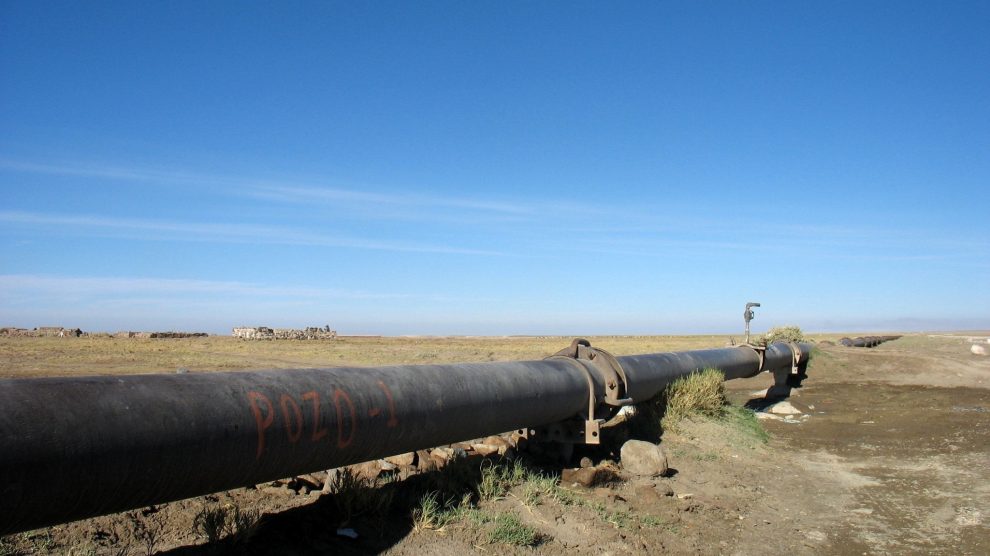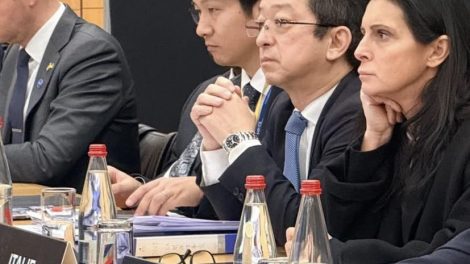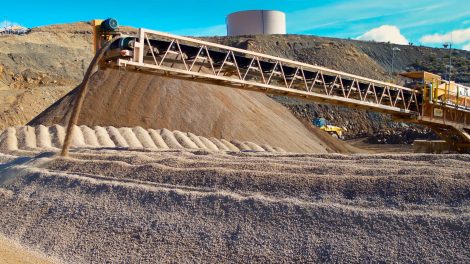Bidding for more gas supplies. Italy is looking to MENA and African countries to reduce its dependency on Russian gas, roughly amounting to 30 yearly billion cubic metres (bcm).
Following last week’s deals with Algeria and Egypt, Italian officials plan to visit other African countries to strike additional deals and ensure more natural gas makes its way to the European shore.
- On Wednesday, Foreign Minister Luigi Di Maio and Ecological Transition Minister Roberto Cingolani landed in Luanda, Angola. With them is Eni’s CEO, Claudio Descalzi.
- The trio will touch down in Brazzaville, Republic of Congo, on Thursday.
Prime Minister Mario Draghi, who couldn’t travel with them due to a Covid-19 infection, has spoken on the phone with Angolan President João Manuel Gonçalves Lourenço and Congolese President Dénis Sassou N’Guesso. The calls yielded remarks on all sides about strengthening cooperation, especially in the energy sector.
- Italy expects to strike other deals with Azerbaijan, Mozambique and Qatar in the coming weeks. If viable, an extra two bcm are inbound from Libya.
Are the new partners wholly reliable? That’s certainly what Italian officials are hoping for, but the above countries are not devoid of their share of complexities and geopolitical issues. Take Algeria:
- A shortage of infrastructural investments in the past years could hamper its fulfilment promises. Some energy experts don’t believe that Algeri actually has enough extra gas to make available quickly, as reported by the Financial Times.
- Local factions have a history of battling over hydrocarbon policies. That, and the political opacity of the processes, pose risks to the years-long stability of the energy partnership and fixed rules that Europeans are counting on.
Other future suppliers have also grappled with political instability, which could have wider repercussions.
- The political impasse in Libya recently brought the National Oil Corporation, which also controls gas production, to close two oil fields and two ports.
- Territorial controversies between Algeria and Morocco, and Madrid’s recent repositioning on touchy issues, resulted in Algeri closing off a gas duct towards Spain in late 2021.
- Years-long regional instabilities and unequal economic development in Angola, Azerbaijan and the Republic of Congo remain potential risk factors.
The Russian penetration in Africa. Moscow retains good relations with several potential energy partners, and its unofficial military unit – the Wagner Group – maintains a presence in some of the most unstable African regions.
- There have been allegations of Algeria partly funding the Wagner Group operations in Mali, which Algeri wholly denies, to help counter jihadi activities on the border between the two countries. The country is also a Russian partner: on Monday, President Vladimir Putin spoke with his Algerian counterpart Abdelmadjid Tebboune to discuss cooperation in the energy sector;
- Wagner units have been stirring the flames of the Libyan conflict from Cyrenaica since the onset;
- They also have an established presence in Angola, albeit unofficially, and are rumoured to be in the Republic of Congo, along with other African countries.





